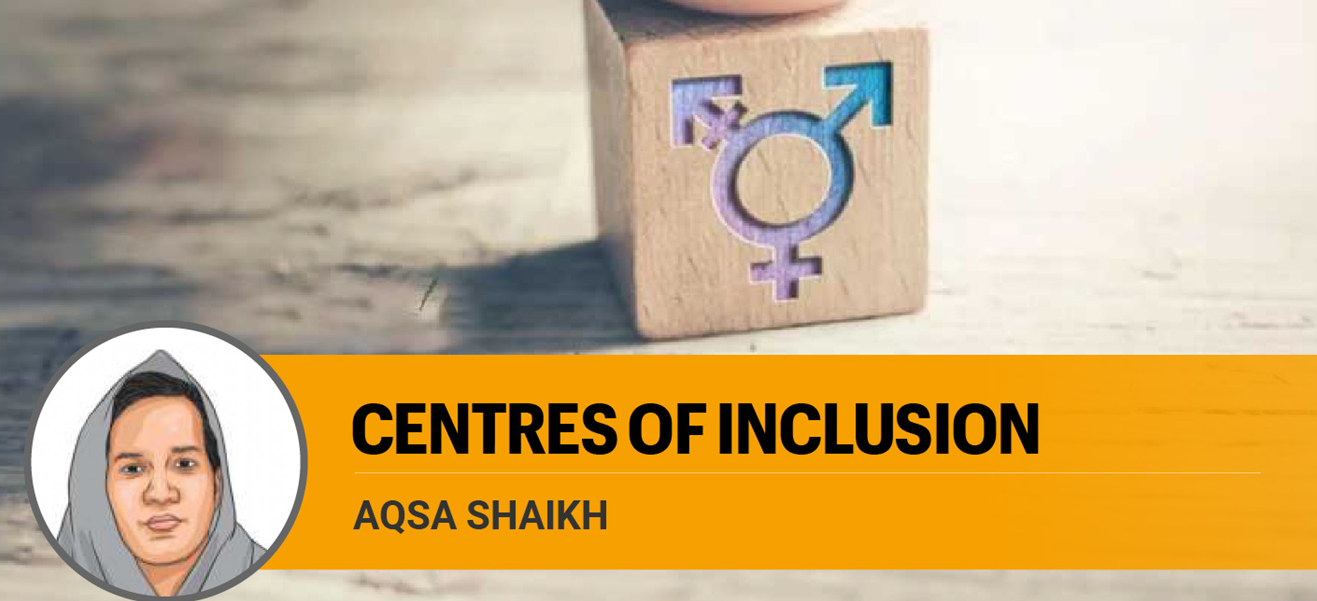AIIMS Delhi Centre of Excellence for transgender healthcare in 2024
AIIMS Delhi Centre of Excellence for transgender healthcare in 2024

The All India Institute of Medical Science (AIIMS), New Delhi, recently announced its plans to open a Centre of Excellence for transgender healthcare in 2024.
However, an Article in Indian Express highlighted that the Government has fallen short in providing Holistic Healthcare for Trangenders despite the Landmark 2014 NALSA v Union of India Supreme Court Judgement and 2019 Transgender Persons (Protection of Rights) Act.
Structural barriers like:
1. exclusionary infrastructure
2. lack of services and
3. trained and sensitised healthcare workers
remain the biggest hurdles.
Transgender Persons (Protection of Rights) Act, 209 mandated:
1. provision of separate hospital wards and washrooms for transgenders
2. sensitisation of healthcare professionals
3. one hospital per state for safe and free gender-affirming surgery
4. review of the medical curriculum and research and
5. providing sex reassignment surgery, hormone therapy, counselling services, HIV sero-surveillance and mental health services.
However, Mental healthcare continues to be dominated by tertiary institutes, primary and secondary healthcare is severely lacking, gender-affirming procedures are limited to expensive private hospitals and documents in India like passports, still lack transgender markers.
All these points, Case Study and Supreme Court Judgement are important for our GS1 Paper.
